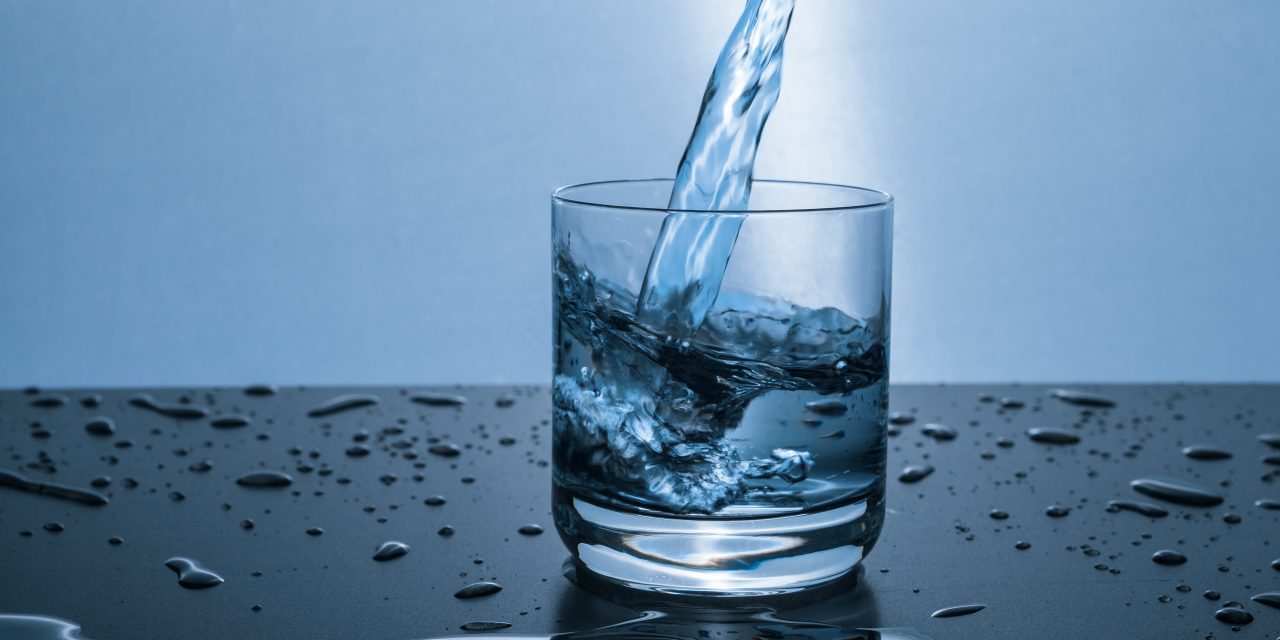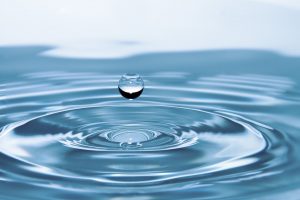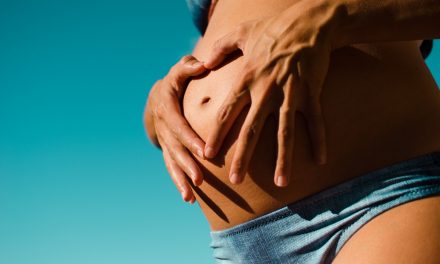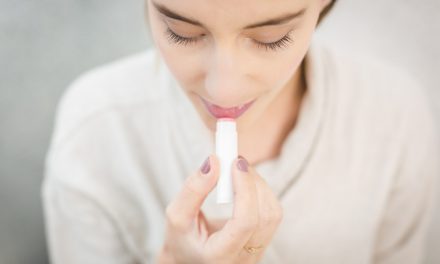The human body is approximately 60% water, so good hydration is essential to keep it working as it should. Your skin is the biggest organ, so will be one of the first to show signs if you’re dehydrated. Hydration comes in many different forms and is about more than just drinking water. The minerals in the water should also be taken into consideration as these help your body to use water efficiently, avoiding it simply becoming a waste product.
The effects of dehydration on skin
Skin reflects the health of your body on the inside, so if your skin is looking dehydrated, then your body probably is too. Skin cells are made up of water, so when you become dehydrated your skin will become dry, flaky and tight as a result. If you have existing skin conditions, such as eczema or psoriasis, your body will use more water to help cells renew and the skin repair. With age, skin loses elasticity, making it more difficult for cells to maintain hydration levels. Good hydration will help skin to retain its elasticity and keeps it looking plump, which helps to reduce the appearance of wrinkles.
Signs of dehydration
Water plays an important role in digestion, metabolism, immunity and detoxification, so it’s important to stay well hydrated. One of the first signs of dehydration is feeling thirsty, which is the bodies way of telling you that you need to have a drink. However, water is essential for all bodily functions, so other symptoms include muscle spasms, constipation, fatigue, cognitive problems, such as trouble concentrating and brain fog, headaches and skin problems. If dehydration is long-term it can result in kidney and heart problems too.
How much water do you need?
How much water someone needs to consume to stay hydrated depends on many variables, so everyone will need different amounts and even one person’s needs will vary. A person’s age, gender, the weather, physical activity, metabolic rate and many other factors all play a role.
In fact, anything that affects your physiology has the potential to create a stress on the body, which can affect cellular hydration levels and the way the body uses water. This makes it very difficult to give a recommended amount of water that should be consumed each day.
Does all water hydrate the same?
It’s well known that different drinks hydrate in different ways, for example, the more alcohol you drink the more dehydrated you become, but water is widely accepted as the best source for good hydration. For the body to be able to use water it needs to first metabolize it, just like it does with food.
Also similarly to food, not all water is equal in what it can provide for the body. Some water contains toxins and some lack minerals and electrolytes that help the body to utilize water.
Best options for drinking water
Sparkling mineral water is a good source of the minerals needed for cellular utilization of water, as well as containing sodium and carbon dioxide, which can be beneficial. Distilled water is boiled and the steam is caught through cooling tubes where it then condenses back to drinking water, but with no risk of potentially harmful contaminants, additives, organisms or toxins. Distilled water doesn’t naturally contain any minerals, but they can be added into it. However, distilled water can be dangerous if it contains VOCs, such as chlorine, before it’s boiled.
Chlorine will become concentrated once it gets back into the distilled water, making it contaminated and potentially harmful, so this should be checked for first. Spring water is another good option for hydration as it usually has the optimal pH level that the body needs. Spring water is in the most natural state you can find drinking water, leading many people to believe it’s the healthiest option.
Tap water
A study by the Environmental Working Group looked at toxicity levels in America’s water supply and found that there was 316 different chemicals in tap water throughout the country, some of which are considered dangerous chemicals, compounds and metals. Buying a filter jug or having a filtration system attached to your home’s water supply can help to remove a lot of these chemicals, making tap water a much safer drinking option.
Tips to help stay hydrated
Simply drinking plenty of water is not always going to be enough for good hydration as there are so many other variables at play. Stress hormones, estrogen and aldosterone all lead to cellular dehydration. They lead to a loss of sodium, which prevents optimal interactions between cells and water. This why a lot of sports drinks contain sodium. Trying to manage and control stress levels can therefore help with hydration.
Sports drinks also contain potassium, magnesium and electrolytes, which play an important role in hydration. Drinking water that contains these minerals will help the body to use the water more effectively, instead of treating it as excess.
Can you drink too much?
Most people are brought up believing that you should aim to drink eight glasses of water a day for good hydration. This is prioritized over understanding how different variables affect how much water is needed and what the variables are. In fact, most people wouldn’t even think it’s possible to drink too much water, but it is. Drinking water should be about the quality of the water, such as what minerals are also in it to help the body use it, instead of how much you can drink. You might be surprised to learn that most people need less water than they think.
The best way to tell how much you need is by listening to your body and considering the variables. Look at your skin to see if it appears healthy or dry, and always have a drink when you start to feel thirsty, but ideally you should never get to the point of thirst.
Good hydration is important for healthy skin and a great complexion, but hydration affects the whole body and every cellular process that takes place. Drink water based on your body, activity levels and your environment, rather than aiming for the same amount each day. Water with minerals in it helps the body to metabolize it better, requiring you to drink less overall for the same level of hydration.








